> How to make a first selection of videos?
- WarmUps/Games
- Small Ensemble
- Large Ensemble
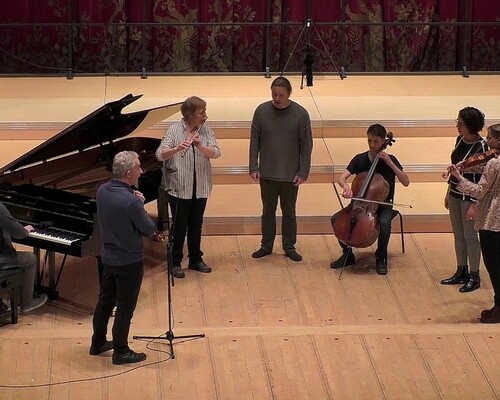
Unison exercise
Unison playing by ear on a leader.
- Small Ensemble
- Tonal/Classical
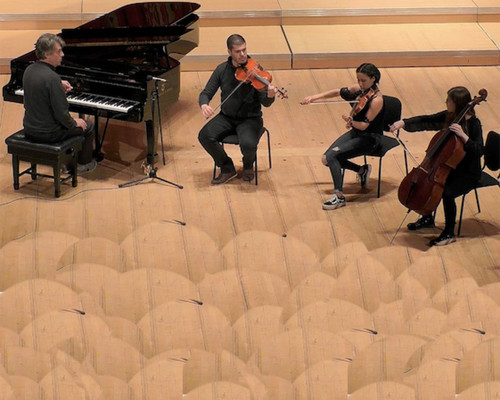
Cantus Firmus: growing and shrinking melodies
The ensemble creates one by one a growing melody, then plays backwards until the beginning note returns
- Small Ensemble
- Free
- WarmUps/Games
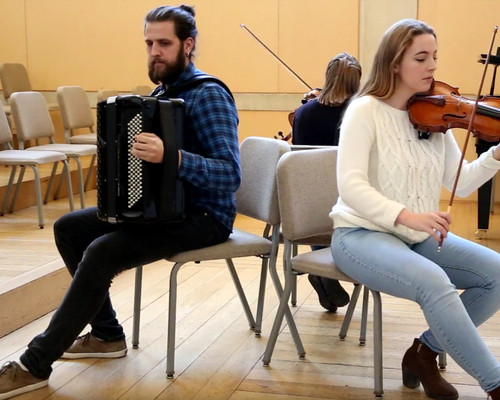
Playing backwards
The musicians have to sit backwards. They then receive instructions to develop their reaction. Three deepening levels of development then follow.
- Large Ensemble
- Small Ensemble
- Free
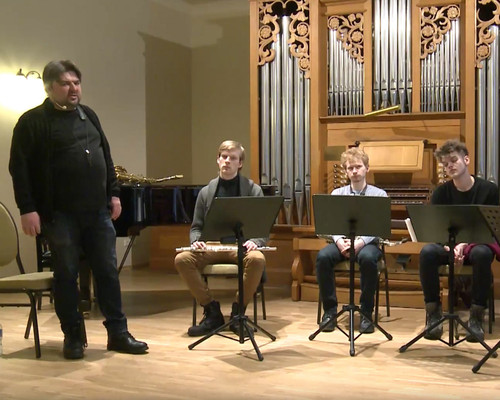
Frozen Notes (Exercise in 7 parts)
Deconstructing and constructing the written musical material.
- WarmUps/Games
- Small Ensemble
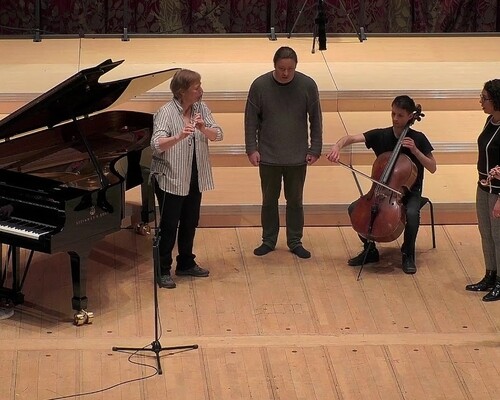
Matching exercise
Matching with a leading player.
- Small Ensemble
- Free
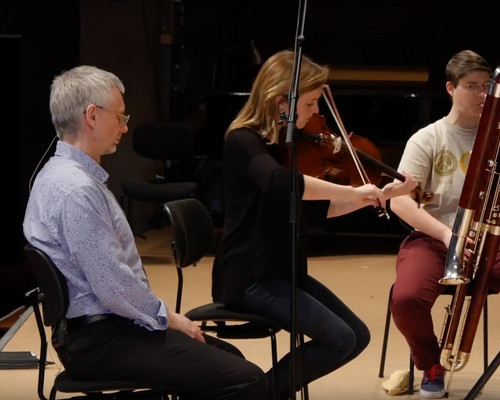
A cycle of five short pieces
A cycle of five short pieces. Each member of the ensemble will start one piece and suggest an ending for it.
- Small Ensemble
- Tonal/Classical
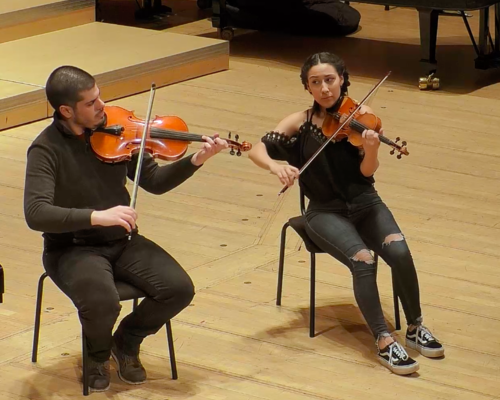
Cantus Firmus: variations
Further variations on the growing and shrinking melodies. Canons and solos.
- WarmUps/Games
- Large Ensemble
- Small Ensemble
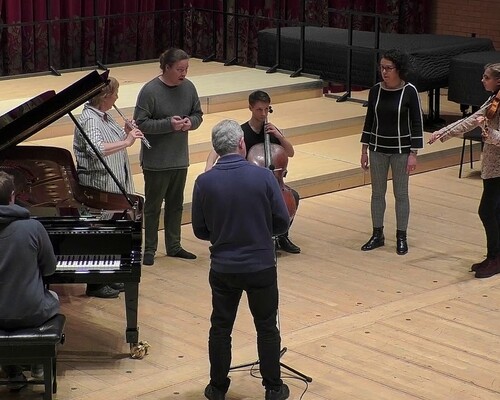
Unison exercise (variation)
Unison playing by ear on a leader.
- Small Ensemble
- Free
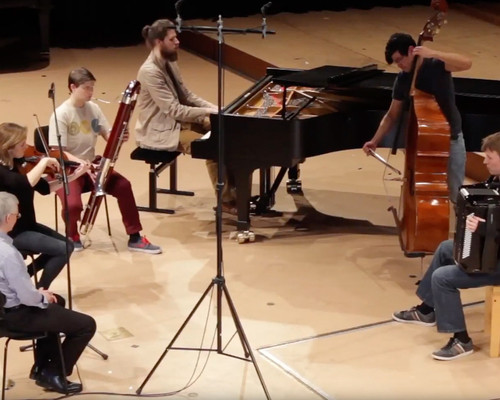
Forming the ends of improvisations
To develop the ability to conclude a piece clearly and decisively,
- Free
- Small Ensemble
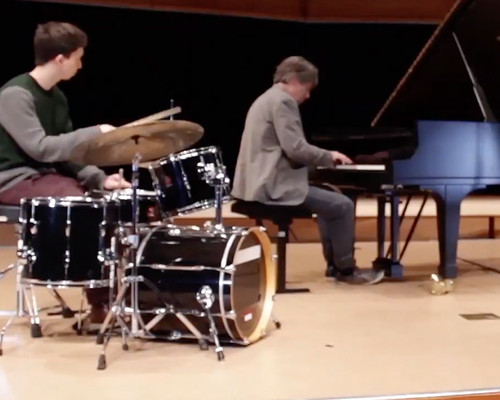
The Ostinato Game
Two players improvise on the basis of interlocking ostinatos. The subject of the exercise is rhythmic communication and sharing of a pulse.
- Free
- Small Ensemble
- WarmUps/Games
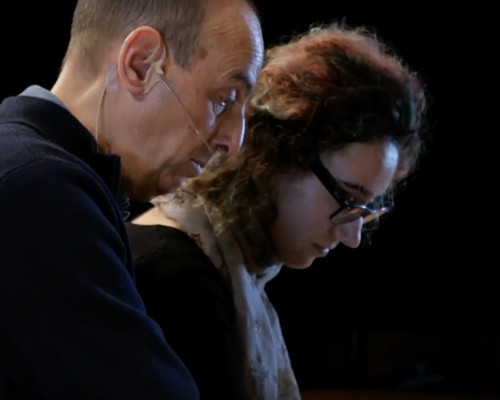
Patim Patam
Each player has to play an interval that goes to the same note, one ascending and the other descending.
- Extra Musical
- Small Ensemble
- WarmUps/Games

Imitative hands
With two persons, one has to imitate the movement of the other’s hand
- Large Ensemble
- Small Ensemble
- Tonal/Classical
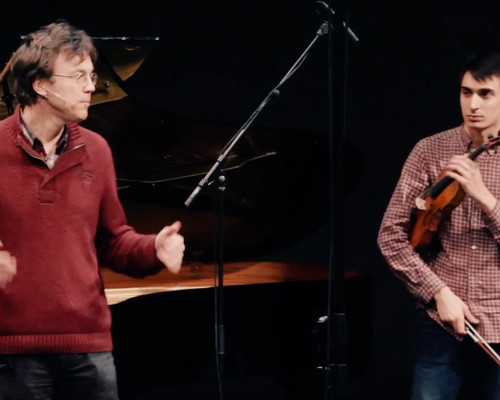
How to improvise with minimal techniques
Minimal techniques are used both to provide structure and to allow freedom, within a framework.
- Free
- Large Ensemble
- Small Ensemble
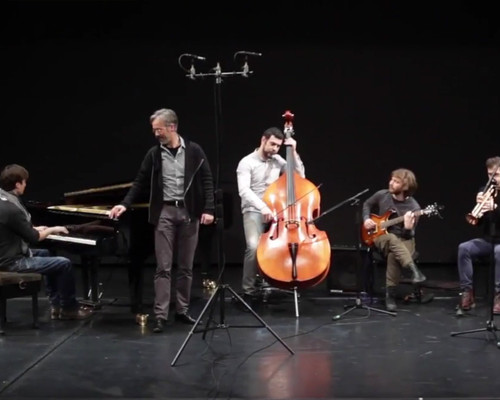
Different demands of comping and being a soloist
Exercises for comping and soloing
- Large Ensemble
- Small Ensemble
- Tonal/Classical
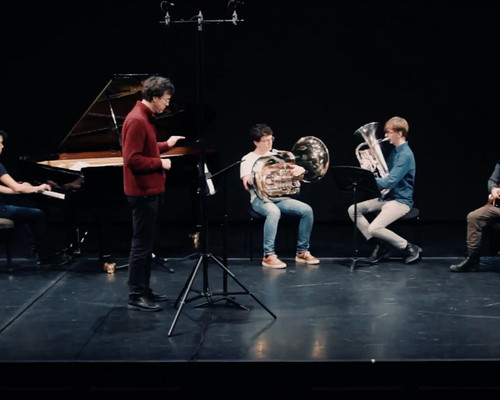
How to integrate Messiaen's techniques into an improvisation
The musicians are informed about Messiaen's use of modes, rhythms and structural aspects. All these elements are trained in a systematical way, after which they can be applied in a final improvisation.
- Free
- Large Ensemble
- Small Ensemble
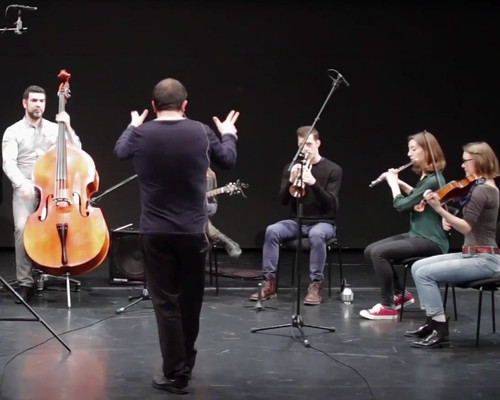
Improvising with accents and articulations
Exercises for the development of parametric aspects
- Tonal/Classical
- Small Ensemble
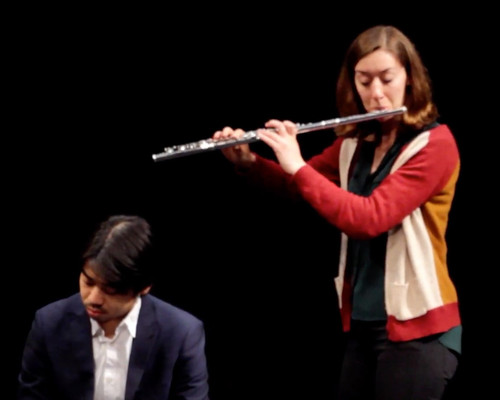
Series 1 - Classical structure - periodic phrase
Improvising with Classical structures
- Tonal/Classical
- Small Ensemble
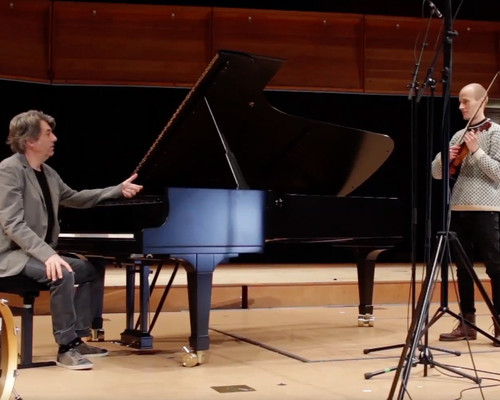
Improvising Canons
This exercise is for two players, one leader and one follower. The leader improvises a melody, which the follower plays in time exactly one bar later, like a canon.
- Small Ensemble
- Free
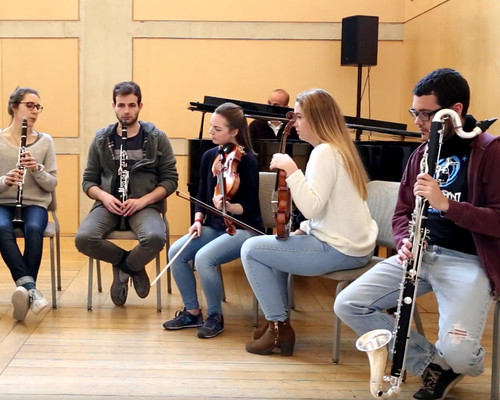
Keep the solo going
This exercise is designed to improve solo playing. The solo can then be shared between the participants.
- Small Ensemble
- Tonal/Classical
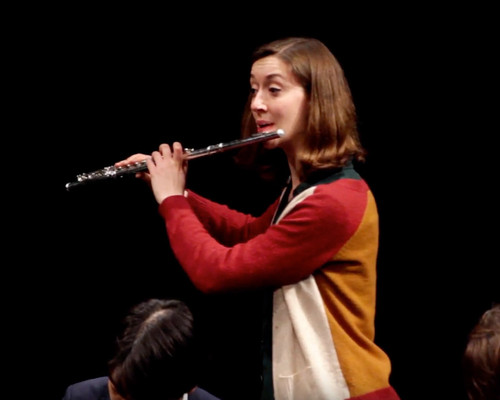
Series 2 - Ensemble improvisations, from baroque style to tonally free
Improvisations from Baroque style to tonally free
- Tonal/Classical
- Small Ensemble
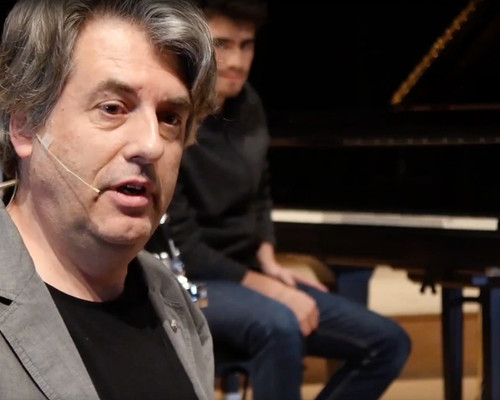
Variations on the Canon exercise
This exercise is a variation on exercise 3, with multiple followers. The leader improvises a melody, which the followers play at any time-interval agreed upon, like a canon.
- Tonal/Classical
- Small Ensemble
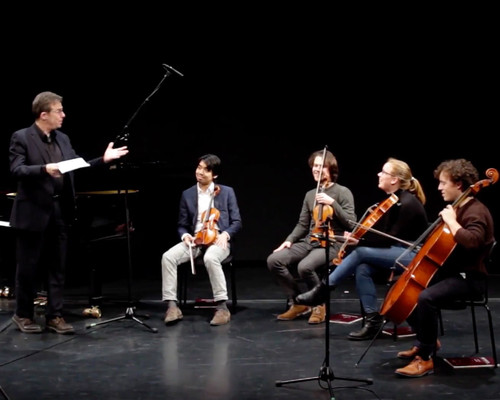
Series 1, Ex. 4 - Enhancing active listening in chamber music
- Small Ensemble
- Tonal/Classical
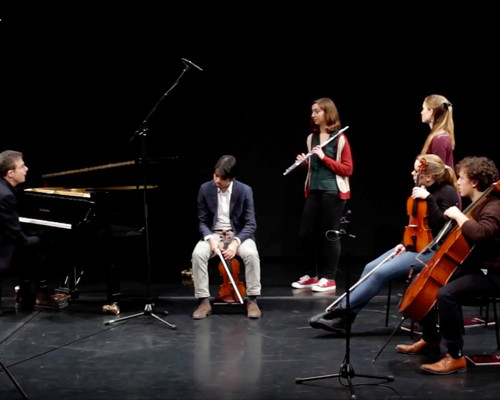
Series 1, Ex. 3 - Trio tonal improvisations in classical structure
Trio tonal improvisations in classical structure.
- Tonal/Classical
- Small Ensemble
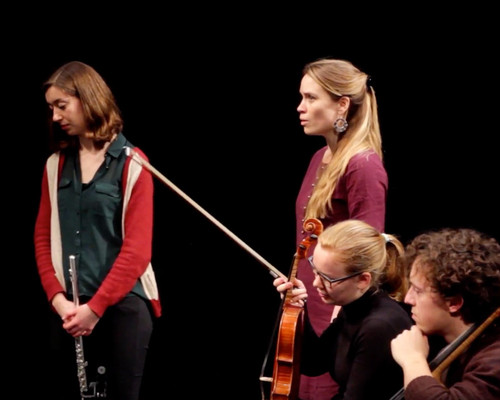
Series 1, Ex. 2 - Classical structure - periodic phrase
Blind Date: following changing harmonic progressions with melodical instrument.
- Tonal/Classical
- Small Ensemble
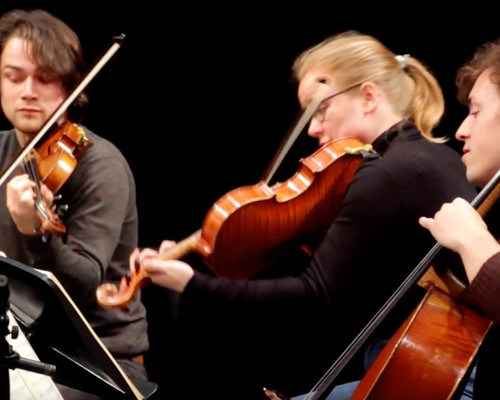
Series 3, Part 1 - Feeling at home within a structure
Applying an improvisational approach to chamber music repertoire performance.
- Tonal/Classical
- Small Ensemble
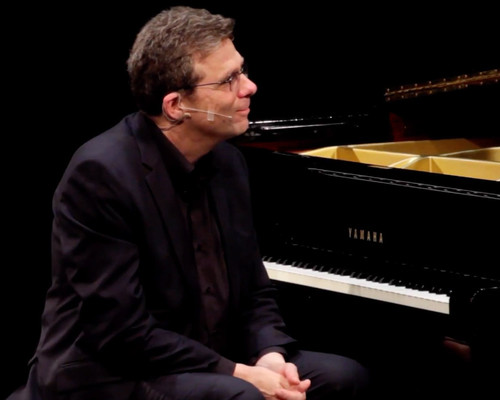
Series 3, Part 2 - Connecting further with the structure’s expressive power
Keeping the original structure tonally-free.
- Tonal/Classical
- Small Ensemble
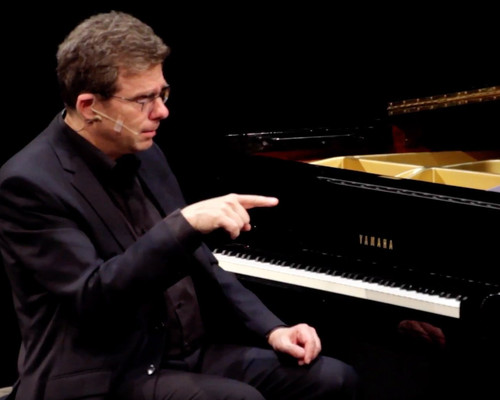
Series 1, Ex. 5 - Classical structure - Tonally free
- Small Ensemble
- Tonal/Classical
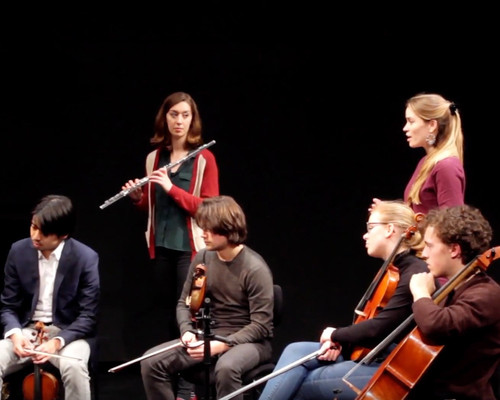
Series 2, Ex. 2 - Trio musical mind-reading
- Small Ensemble
- Tonal/Classical
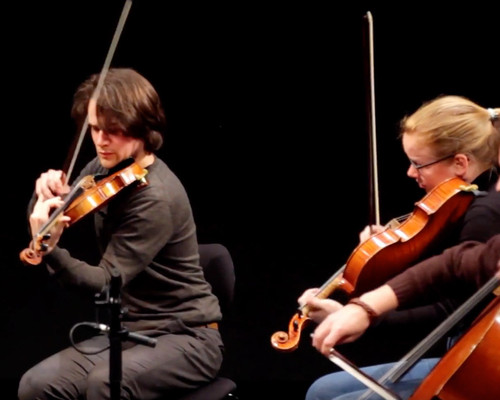
Series 2 Ex. 3 - Tonally-free, Classical structures: string quartet, voice and piano
- Tonal/Classical
- Small Ensemble
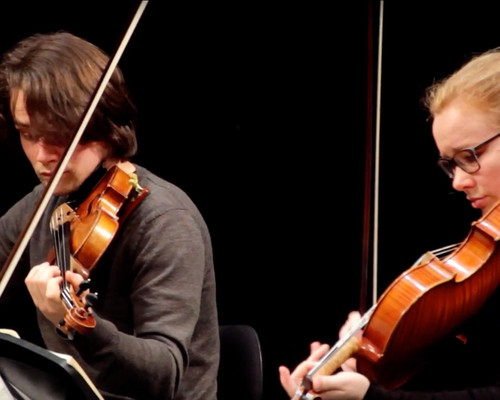
Series 3, Part 1- Ex. 1.2: Feeling at home within a structure (step 2)
Applying Improvisational approach to chamber music repertoire performance (step 2).
- Tonal/Classical
- Small Ensemble
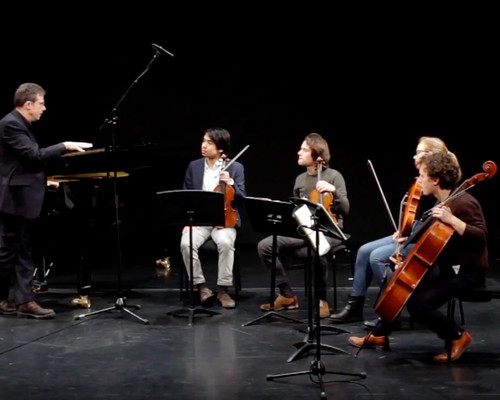
Series 3; Part 1; Exercise. 3 - Feeling at home within a structure step 3
Combining full text with reduction.
- Free
- Small Ensemble
- Cross Arts
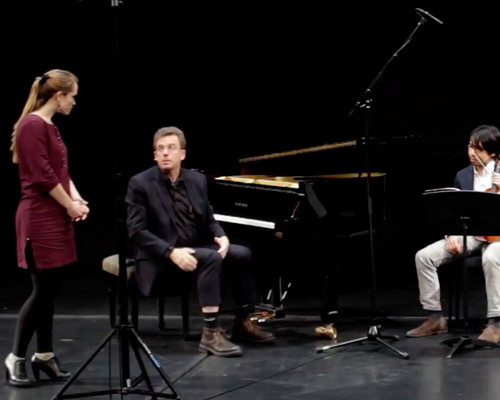
Series 3; Part 2; Exercise. 3 - Injecting freedom and personal voice into structure step 7
Using speech-intonation based dialogue to further connect with the musical meaning.
- Free
- Small Ensemble
- Cross Arts
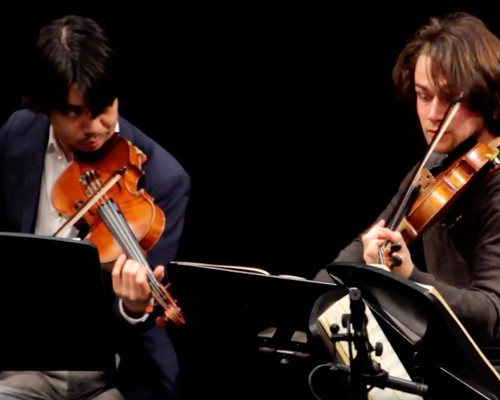
Series 3; Part 2; Exercise. 2 - Connecting further with the structure’s expressive power step 6
Using speech-intonation to connect with the musical meaning.
- Tonal/Classical
- Small Ensemble
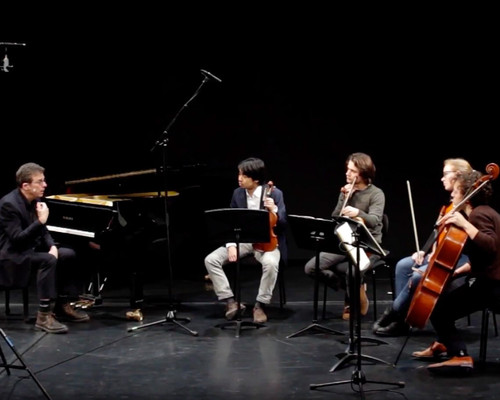
Series 3; Part 1; Exercise. 4 - Feeling at home within a structure step 4
Giving-up eye-contact.
- Free
- Small Ensemble
- Cross Arts
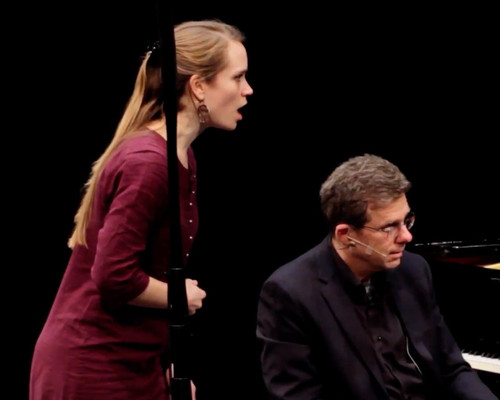
Series 3; Part 2; Exercise 4 - Injecting freedom and personal voice into structure step 8
Vocal duo (singer & 2nd Vn) with the other three string players improvising from the instruments within structure.